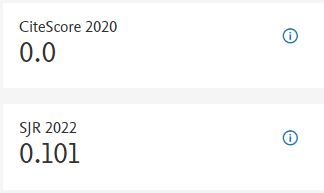Examining the Influence of Talent Management Practices on Organizational Performance in Private Sector Banks
DOI:
https://doi.org/10.7492/f3eqqf52Abstract
In the current competitive corporate world, human resources are considered the most essential capital for organizational performance, especially in high competitiveness and private banking-related industries. This study aims to explore the impact of talent management (TM) practices on measuring organizational performance in Indian private sector banks. Aim and Objective the research employs a descriptive and quantitative methodologies utilizing 100 respondents, senior HR executives as well as department staff within some banks for instance ICICI and HDFC in Jaipur and SPSS 22.0 was used to perform statistical analyses. Data was collected through a 5-point Likert scale questionnaire measuring organizational performance and TM practices. TM practices were positively correlated (r = 0.983, p = 0.000) with employee engagement, attraction, development, motivation, retention and succession planning, leading to improved organizational performance, and using TM practices can be beneficial in improving organizational outcomes. Though talent retention had a detrimental impact, underlining the importance of improved retention actions, talent development emerged as the foremost factor. It highlights how beneficial thought-through TM practices may be to promoting organizational success. To maximize performance, private banks need to prioritize personnel management efforts, devote resources to these practices, and include leadership in strategic planning, the study noted. Banks should also keep evaluating and improving their TM initiatives in order to better engage and retain employees and adjust to shifting business needs.

















